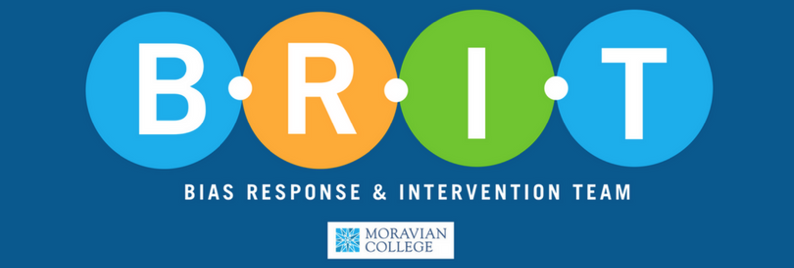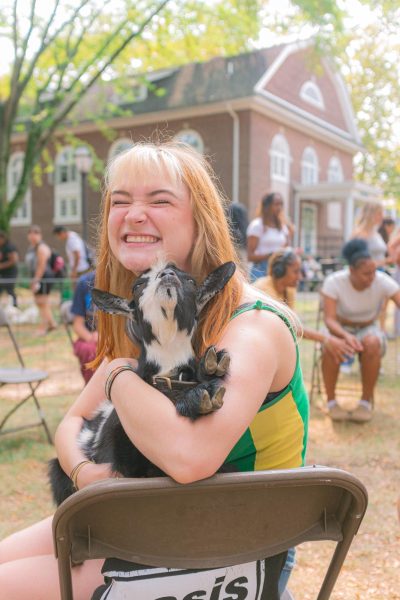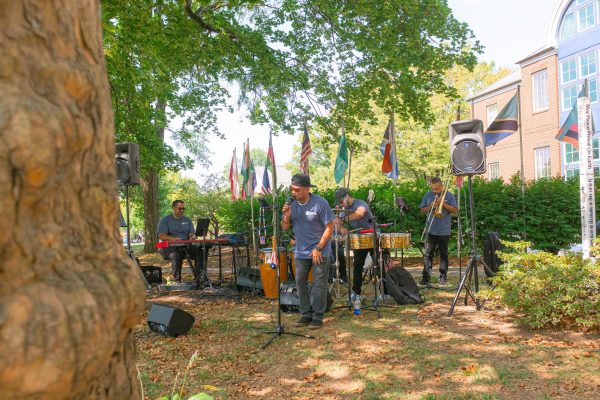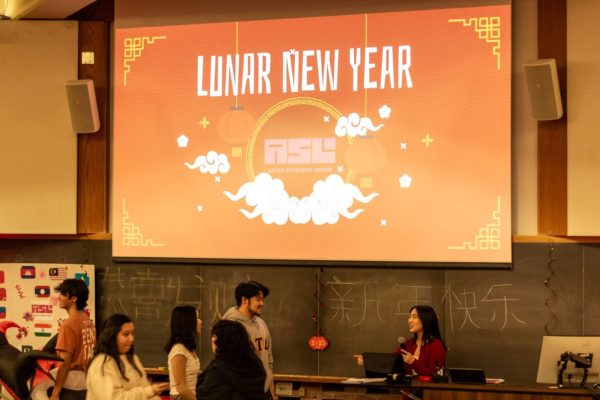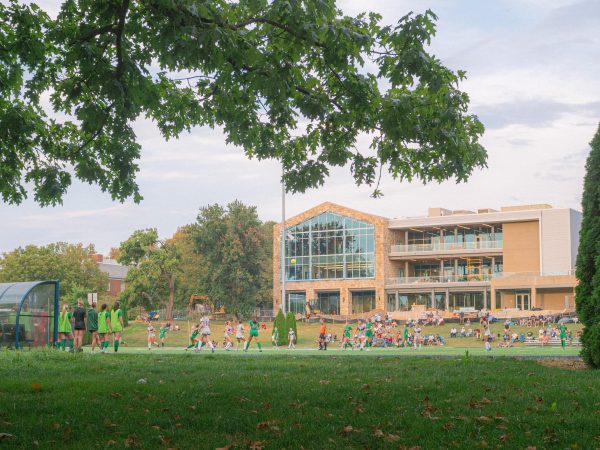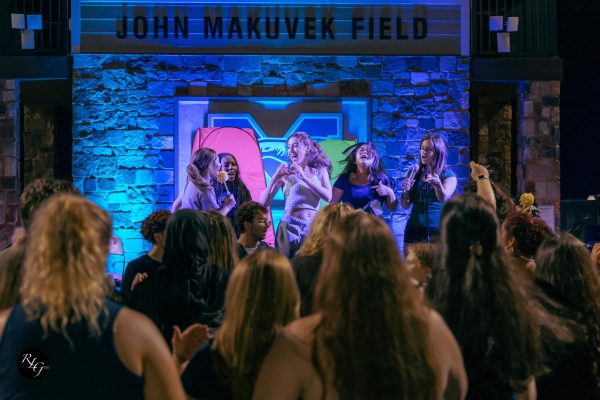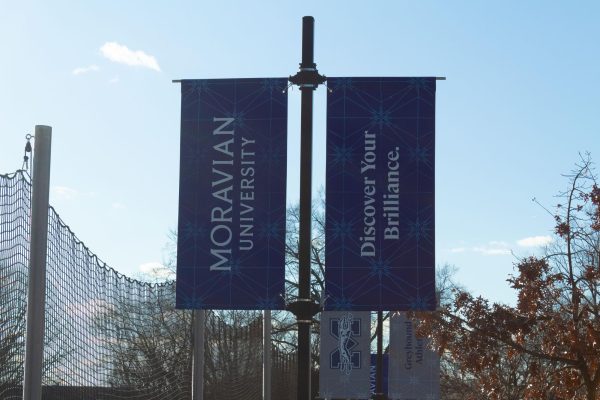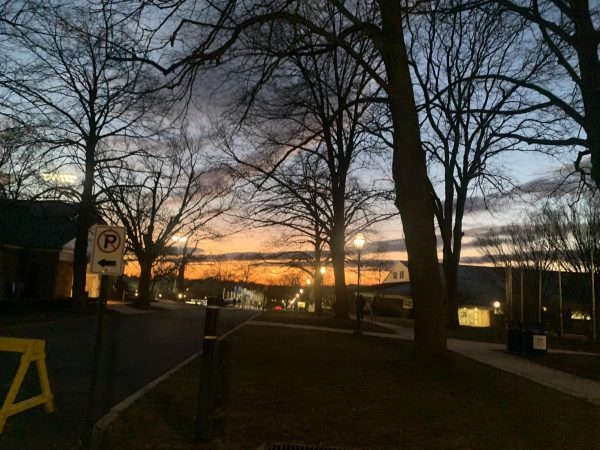MoCo Intervenes When Hate Appears: A Look into the Bias Response & Intervention Team
Moravian College has recently raised their efforts in reducing hate actions and crimes committed on campus. To do so, they have created something referred to as BRIT, or the Bias Response & Intervention Team.
The team is made up of co-chairs Nicole Loyd, vice president and dean of students; Liliana Madrid, director of intercultural advancement; Jennika Borger, chaplain; Greg Meyer, director of student development; and George Boksan, chief of police. However, the larger BRIT team involves faculty, staff and students.
The Comenian interviewed both co-chairs to get a better understanding of what BRIT is and why it was created.
The following responses are from Dean Nicole Loyd:
What is BRIT?
The Bias Response & Intervention Team was established to respond to actions and behaviors that negatively impact members of the College community, with resources, support, and action. It serves as a “place” where students, faculty, and staff can report concerns about acts of bias, harassment, and/or discrimination.
BRIT investigates every report it receives, sends out community notices about unacceptable incidents, provides support to the victim or victims of bias (in a variety of ways, depending on the situation), provides brave/safe spaces for our community to learn, reflect, debate, and process after a bias event (e.g., Friday Forums, Lunch ‘n Learns), and serves as a safe and confidential resource for our community. BRIT also partners with student groups who want to help address these issues and make changes in our community.
Why was it created?
We created our first Bias Response Team in the summer of 2013, but the group operated predominantly behind the scenes with leadership from staff in the Division of Student Affairs. We were responding to incidents and supporting victims, but we were not very visible. It seemed important to change that this summer.
We need all members of our community to know that as an institution we are committed to, and deeply value, respect and understanding. Civility, discourse, and conversation are encouraged in a way that all members of the community feel safe and valued. We need our community to be more aware of the support and resources we have to offer if they’ve experienced or witnessed discrimination of any sort, and we need everyone to know when acts of bigotry and intolerance occur on our campus so that there are no misconceptions that we are trying to “hide” incidents or minimize their harm on and to our community.
So, this summer we — and the most credit belongs to Liliana Madrid, our director of intercultural advancement — created a Logo for BRIT; a website for BRIT; a reporting form; an anonymous tip-line (610) 861-1539; a BRIT poster, which is similar to the Take Care! Take Action! posters that are in all the bathroom stalls on campus; a BRIT team manual; and a protocol to follow when the team learns of an incident.
Our efforts to increase awareness seem to have worked. We have seen an increase in reports in the first half of this semester.
Am I pleased that we have reports? Of course not. I’d prefer [that] we lived in a world and on a campus where such a team wasn’t necessary. But since it is, I want to be on a campus that does its best to provide support to victims and education to the community, and holds accountable those who violate our community standards.


